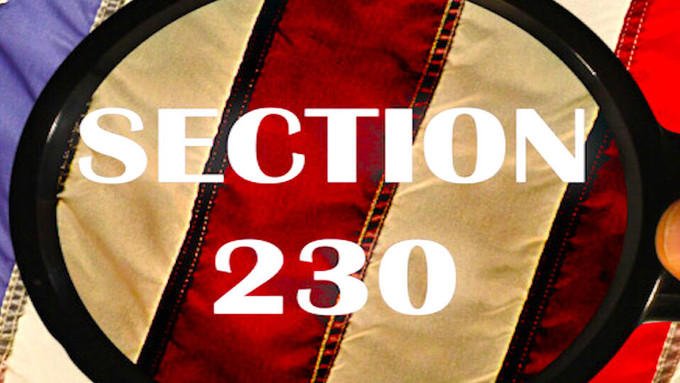WASHINGTON — The U.S. Supreme Court on Thursday upheld Section 230, ruling in favor of Twitter, Facebook and YouTube/Google in two cases that were being closely watched by free speech and digital rights advocates.
As XBIZ reported, the SCOTUS justices heard arguments in Gonzalez v. Google and Twitter v. Taamneh in February, when lawyers for the plaintiffs and platforms addressed online speech, content moderation and Section 230 protections.
On Feb. 21, the court heard oral arguments in Gonzalez v. Google, which dealt directly with a request to narrow Section 230 protections. The internet giant was being sued by the family of one of the victims of a 2015 terrorist attack in Paris.
The family of Nohemi Gonzalez claimed that Google’s YouTube service violated the Anti-Terrorism Act by recommending ISIS videos to users through its algorithms. The plaintiffs wanted SCOTUS to legitimize a carve-out of Section 230 protections regarding recommendation algorithms.
In Twitter v. Taamneh, the platform was being sued by the family of Nawras Alassaf, a Jordanian citizen killed in a 2017 ISIS attack in Istanbul. On Feb. 22, the plaintiffs alleged that Twitter contributed to the Istanbul attack by hosting content not directly related to the specific incident, and sought a ruling on whether the anti-terrorism laws underlying both cases can be applied to content moderation, even before Section 230 protections can be invoked.
In the unanimous decision written by Justice Clarence Thomas and issued Thursday, SCOTUS held that the tech companies’ conduct “did not constitute aiding and abetting because they did not knowingly provide substantial assistance to the groups in carrying out the terrorist act in question,” legal news site Law360 reported.
Justice Thomas also pointed out that the platforms “appear to transmit most content without inspecting it.”
Summarizing the decisions, Law 360 explained that the ruling means that “tech companies cannot be held liable merely for creating platforms later used by terrorist groups nor setting up algorithms that display content relevant to what individuals users have sought out.”
“To be sure,” Thomas noted, “it might be that bad actors like ISIS are able to use platforms like defendants’ for illegal — and sometimes terrible — ends. But the same could be said of cell phones, email or the internet generally. Yet, we generally do not think that internet or cell service providers incur culpability merely for providing their services to the public writ large.”
The court also declined to address the question of whether the Ninth Circuit properly applied Section 230.
“Instead, it said the lawsuit alleging Google’s YouTube unit actively recommended ISIS content to susceptible users via its algorithms ‘appears to state little, if any, plausible claim for relief,’” Law360 reported. The case has been remanded to the Ninth Circuit “for further consideration in light of the Twitter ruling.”
Industry Reactions
Industry attorney Corey Silverstein, of Silverstein Legal and Adult.Law, told XBIZ, “Thankfully, the Supreme Court came to the correct decision.”
The Gonzalez and Taamneh cases, Silverstein explained, “had massive implications on the future of Section 230, and the Supreme Court made it abundantly clear that social media platforms like Twitter cannot be held civilly liable for third-party content. Any narrowing or restrictions on Section 230’s applicability would have had disastrous consequences for the entire internet and this is cause for celebration in a time when free speech on the internet has been constantly under attack.”
Silverstein noted that while the Google case was sent back to the Ninth Circuit, the Twitter decision makes it highly unlikely that the plaintiff in that case will achieve a favorable outcome.
First Amendment expert and industry attorney Lawrence Walters, of Walters Law Group, also expressed relief and satisfaction that “the feared narrowing of Section 230 by SCOTUS did not come to pass.”
Instead, Walters explained, the court “correctly rejected efforts to hold online intermediaries responsible for offering neutral services based on alleged failures to prevent users from abusing those services. The allegations in the complaints did not state plausible claims against these companies, so the court did not need to determine whether a Section 230 immunity defense applied.”
Walters added that these two decisions are helpful for platforms facing increasing lawsuits based on content posted by third-party users.
“The scope of Section 230 will need to await future decisions by the Court,” Walters noted.








